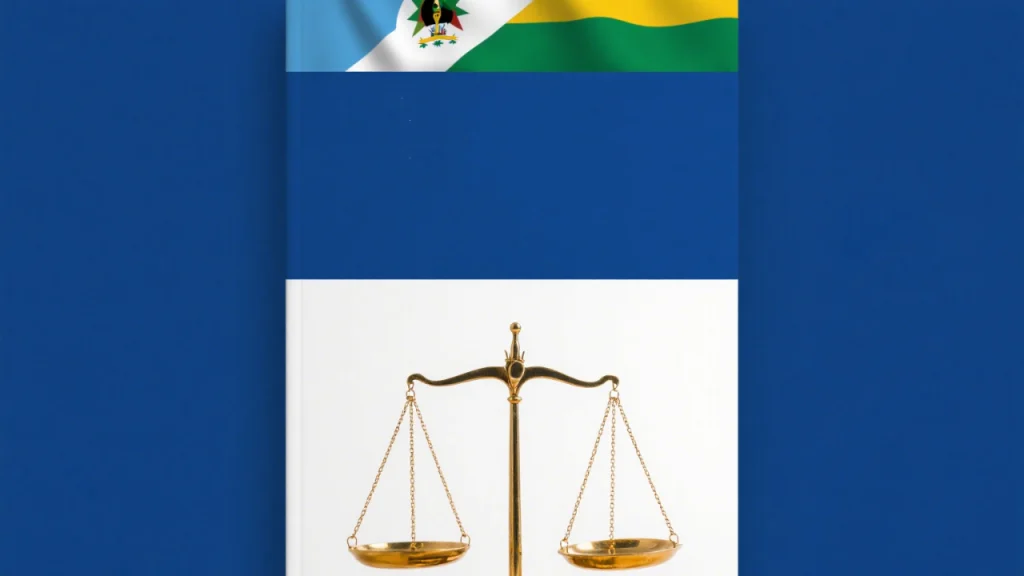- Supreme Court blocks probe into AFRINIC, underscoring a clash between judiciary and executive.
- ICANN’s intervention criticised as undermining court authority and democratic oversight.
Judiciary steps in to uphold constitutional limits
As AFRINIC continues without a board or CEO and has been under receivership since 2023, the Supreme Court of Mauritius issued an injunction to halt an overreaching probe by Judge Ohsan-Bellepeau at the behest of the Registrar of Companies. The court ruled the investigation breached Part XV of the Mauritian Companies Act.
Meanwhile, ICANN formally pressed the court-appointed receiver for details on the annulled June election, but critics argue ICANN’s letters signal tacit support for executive overreach rather than adherence to legal norms.
Also read: Cloud Innovation calls for AFRINIC wind-up after ‘impossible’ election standards
Also read: EXPOSED: The letter that reveals who was really benefitting from AFRINIC’s lawsuits
Judicial independence at stake in AFRINIC power struggle
AFRINIC’s governance void has already crippled Africa’s IP management—now the registry has become the battlefield for whether Mauritius’ judiciary can check executive political influence. The Supreme Court’s injunction reflects concern that normal oversight is being sidelined.
By pressing for immediate answers and implicitly siding with executive decisions, ICANN risks eroding the core democratic constraint where elected bodies must follow legal checks—not global institutions circumventing courts.
At its heart, this is not just about one organisation—it’s about whether democratic processes and judicial independence still hold in Mauritius. If courts continue to be overridden, people must ask: what remains of rule-based governance when external actors and political forces collude to bypass it?

